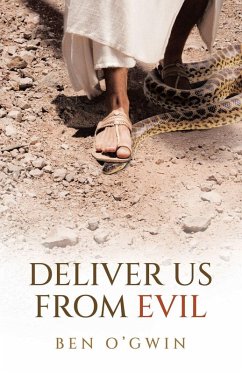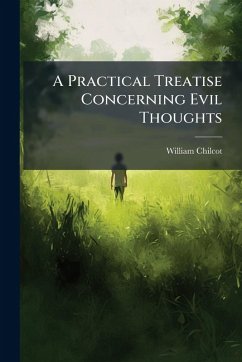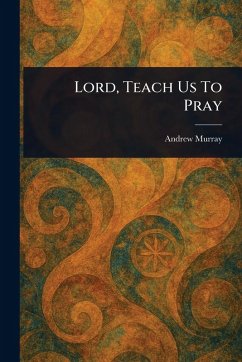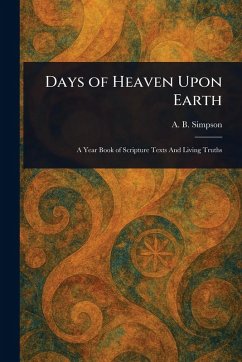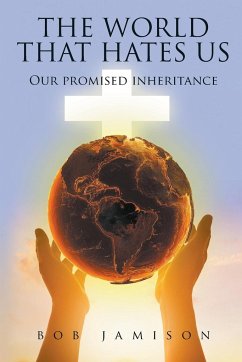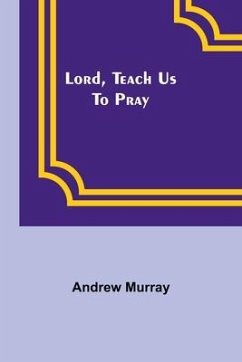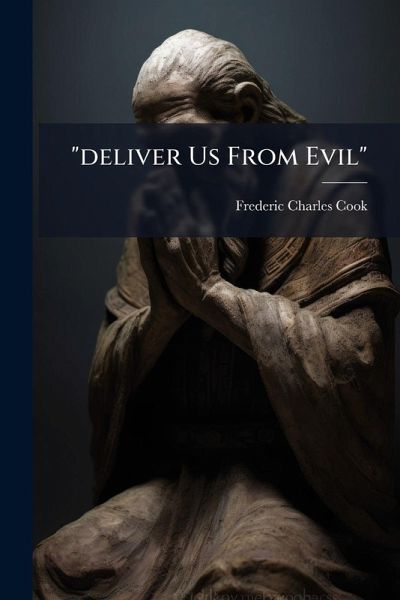
"deliver Us From Evil"

PAYBACK Punkte
7 °P sammeln!
In "Deliver Us From Evil," Frederic Charles Cook presents a detailed protest against the alteration made to the final petition of the Lord's Prayer in the Revised Version. This compelling work examines the nuances of the original text and the theological implications of the change, providing a robust defense of the traditional wording. Cook meticulously explores the linguistic and spiritual dimensions of the prayer, inviting readers to reconsider the significance of each phrase. This book offers valuable insights into the history of biblical translations and the ongoing debates surrounding scr...
In "Deliver Us From Evil," Frederic Charles Cook presents a detailed protest against the alteration made to the final petition of the Lord's Prayer in the Revised Version. This compelling work examines the nuances of the original text and the theological implications of the change, providing a robust defense of the traditional wording. Cook meticulously explores the linguistic and spiritual dimensions of the prayer, inviting readers to reconsider the significance of each phrase. This book offers valuable insights into the history of biblical translations and the ongoing debates surrounding scriptural interpretation. "Deliver Us From Evil" remains a thought-provoking contribution to the field of Christian studies, appealing to theologians, scholars, and anyone interested in the profound meaning of the Lord's Prayer. Discover the arguments that shaped a generation's understanding of one of Christianity's most sacred texts. This work has been selected by scholars as being culturally important, and is part of the knowledge base of civilization as we know it. This work was reproduced from the original artifact, and remains as true to the original work as possible. Therefore, you will see the original copyright references, library stamps (as most of these works have been housed in our most important libraries around the world), and other notations in the work. This work is in the public domain in the United States of America, and possibly other nations. Within the United States, you may freely copy and distribute this work, as no entity (individual or corporate) has a copyright on the body of the work. As a reproduction of a historical artifact, this work may contain missing or blurred pages, poor pictures, errant marks, etc. Scholars believe, and we concur, that this work is important enough to be preserved, reproduced, and made generally available to the public. We appreciate your support of the preservation process, and thank you for being an important part of keeping this knowledge alive and relevant.



